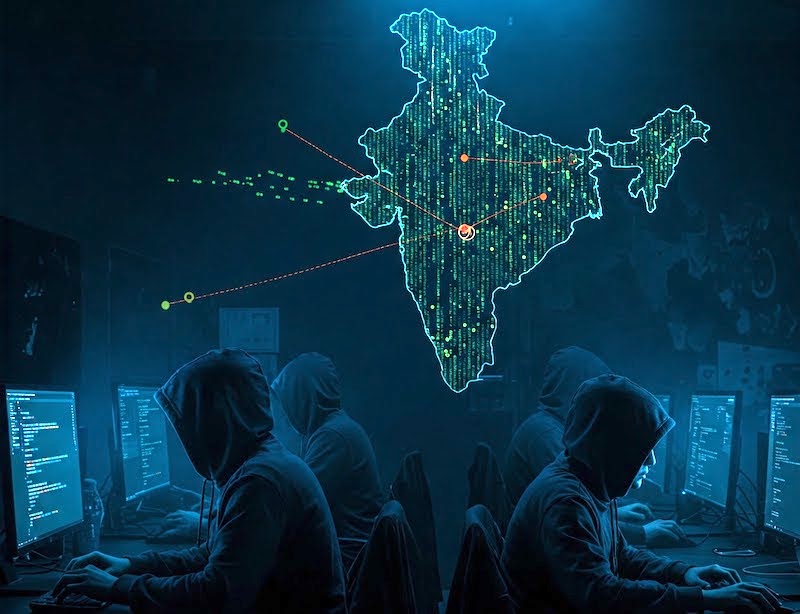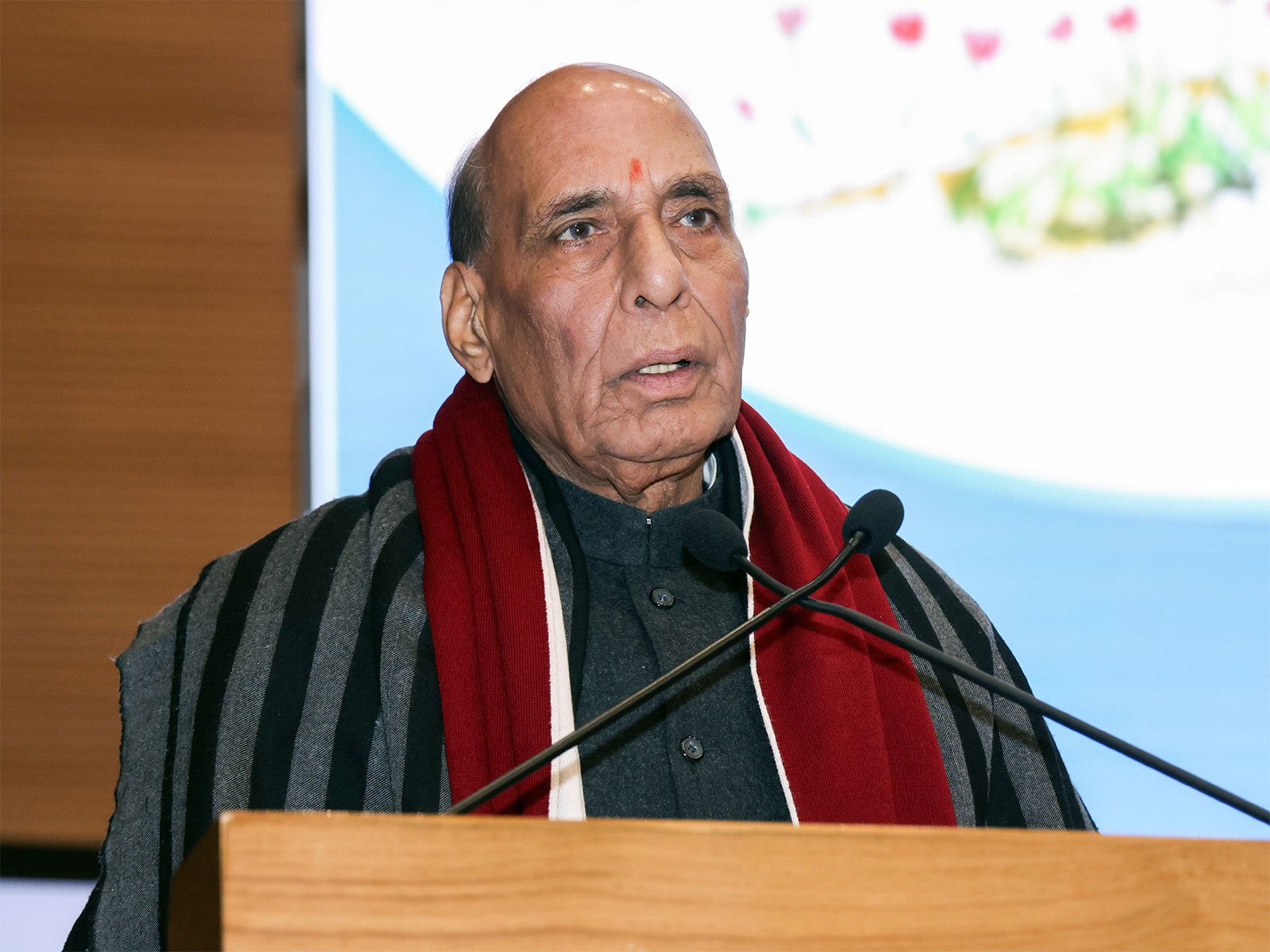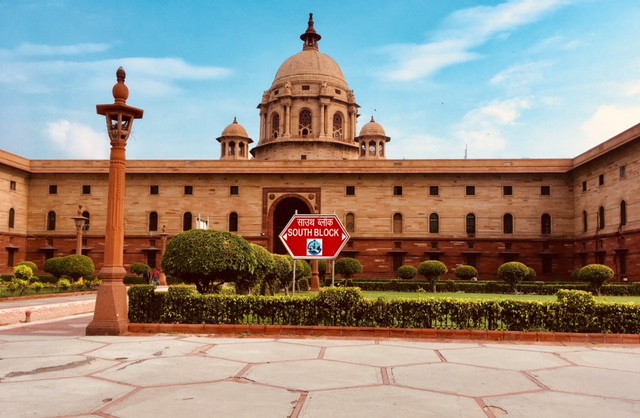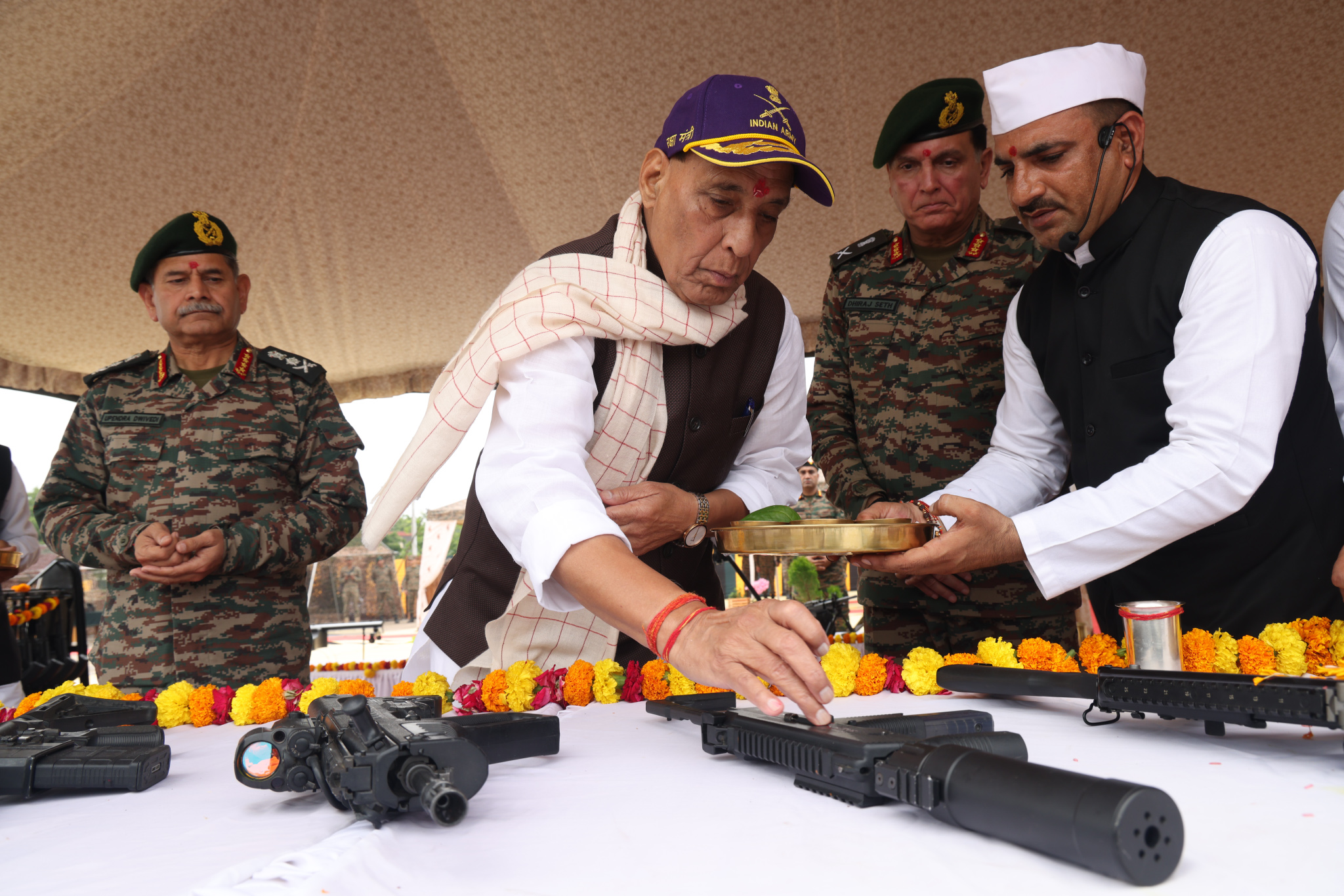 These cyberattacks come amid heightened tensions between India and Pakistan following the recent Pahalgam terror attack. (India Sentinels image for representation.)
These cyberattacks come amid heightened tensions between India and Pakistan following the recent Pahalgam terror attack. (India Sentinels image for representation.)
New Delhi: In a major escalation of cyber hostilities, a group identifying itself as the “Pakistan Cyber Force” has claimed responsibility for a series of cyberattacks targeting Indian defence institutions over the past two days. The group alleges it has accessed sensitive data from multiple Indian defence websites, including the Military Engineering Services (MES) and the Manohar Parrikar Institute for Defence Studies and Analyses (MP-IDSA).
The hackers reportedly posted a list of names, purportedly of Indian defence personnel, accompanied by the message: “Hacked. Your security is illusion. MES data owned.” They claim to have obtained over 10 GB of data from the MP-IDSA website, potentially compromising personal information and login credentials of defence personnel.
In addition to data breaches, the group has allegedly defaced the official website of Armoured Vehicles Nigam Limited (AVNL), a public sector undertaking under the Ministry of Defence. The defacement included images of the Pakistan flag and the Al Khalid tank.
These cyberattacks come amid heightened tensions between India and Pakistan following the recent Pahalgam terror attack. The Indian Army has acknowledged the cyberthreats and stated that ongoing monitoring is underway to prevent future intrusions.
While the Pakistan Cyber Force claims to have accessed sensitive information, the MP-IDSA has categorically denied these allegations, asserting that their systems remain secure.
In response to these incidents, the Indian Army is implementing stronger cybersecurity measures across its digital infrastructure. This includes enhanced monitoring protocols and security audits of defence-linked websites, such as those of Army Public Schools and the Army College of Nursing, which have also been targeted.
The defence ministry has issued advisories urging all departments to exercise caution when handling emails and attachments, especially those from unfamiliar sources. Regular updates to security software and operating systems have been mandated to mitigate potential vulnerabilities.
According to experts, these incidents underscore the pressing need for India to invest in robust cybersecurity infrastructure and training. As cyberthreats become increasingly sophisticated, a proactive approach encompassing advanced threat detection, employee education, and international collaboration is imperative. They said by addressing these challenges head-on, India can safeguard its critical infrastructure, protect sensitive information, and maintain its strategic autonomy in the face of evolving cyberthreats.









